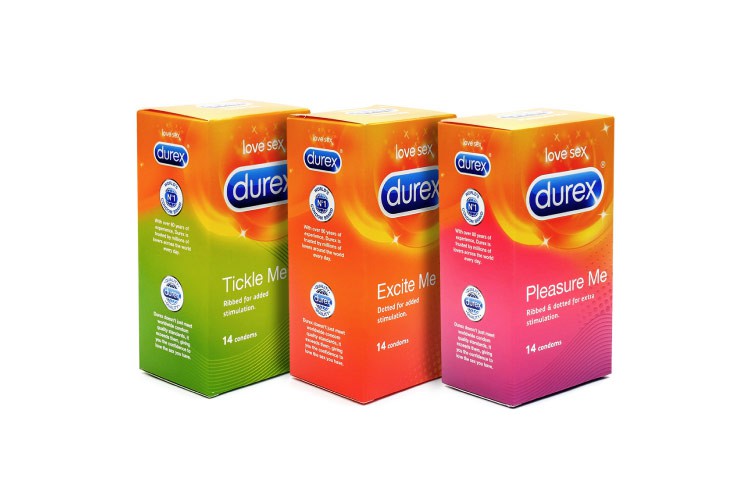3 STI's That Are Getting Harder To Treat
With a rise in STI (sexually transmitted infection) cases in the UK, it’s even greater reason to make sure you’re using a condom each time you have sex to prevent catching or transmitting an infection.
A new report from the World Health Organisation states that three common sexual transmitted infections are increasingly becoming resistance to a dose of antibiotics. Of the three STIs, gonorrhoea has developed the strongest resistance to antibiotics. Despite chlamydia and syphilis being less resistant against antibiotics, it still very much exists and makes prevention prompt treatment critical.
Caused by bacteria, if left untreated, these STIs can cause serious complications and long-term health problems for women such as ectopic pregnancy, miscarriage and pelvic inflammatory disease. While gonorrhoea and chlamydia left untreated can cause infertility in both men and women.
There are several ways you can reduce the risk of getting a sexually transmitted infection:
Communicate
Before you and your partner take your relationship to the next level, speaking openly about your sexual history is a great way of gaining insight into their sexual past and safe sex practices. Not only does open communication encourage trust and respect between you and your partner, it can help reduce the risks of contracting or transmitting a STI. If you are unsure on how to broach the topic or afraid that you might be judged, speak with a health care provider to discuss your sexual practices openly and ask for tips to help open up a discussion with your partner.
Get Tested
If you have not been sexually active before, the likelihood of contracting a STI is slim. However, if you or your partner has ever had sex with anyone else, then testing is an effective way of knowing where you both stand. Symptoms for most STIs can go unnoticeable or go undetectable through testing depending on how recent you contracted the infection. Make sure to inform your healthcare provider if you notice any changes that might be of concern.
Protect Yourself
Condoms are really effective in stopping most STIs from being passed from one person to another when they are used consistently and correctly every time, whether you’re engaging in oral, vaginal, or anal sex. Not only do they act as a barrier to prevent the exchange of bodily fluids, it can help reduce the transmission of diseases that spread from skin-to-skin.
Avoid drugs or alcohol
Not only does drug and alcohol reduce your ability to make good decisions, it can increase your likelihood of contracting an STI. When engaging in physical intimacy with your partner, refrain from using any substance that might hinder your judgement and make it harder for you to use a form of contraception.
Remember, the only time unprotected sex with your partner is deemed completely safe is if you and your partner have sex only with each other and if it’s been at least six months since the both you tested negative for any STIs.
Before you and your partner take your relationship to the next level, speaking openly about your sexual history is a great way of gaining insight into their sexual past and safe sex practices.

